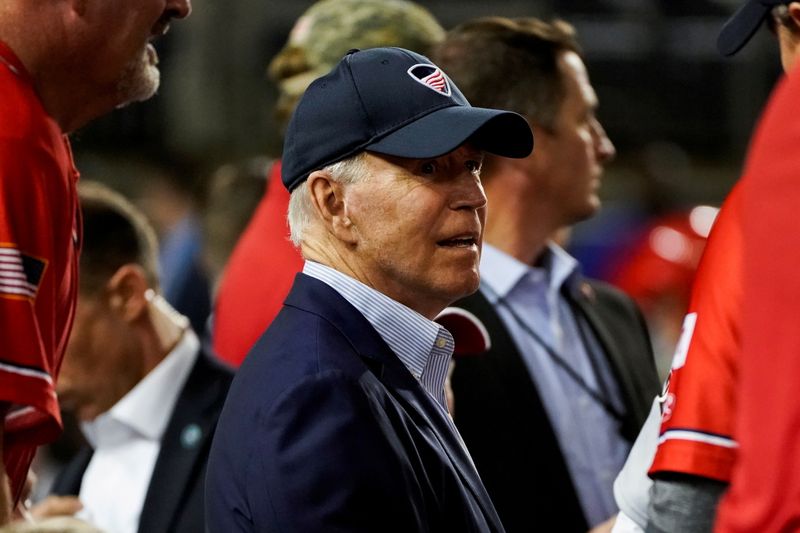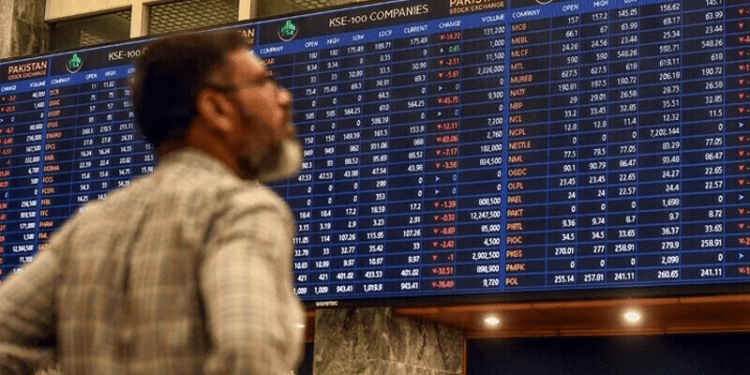2/2

© Reuters. FILE PHOTO: U.S. President Joe Biden sits in the Republican dugout during the annual Congressional Baseball game at Nationals Park in Washington, U.S., September 29, 2021. REUTERS/Elizabeth Frantz
2/2
By Jarrett Renshaw and Trevor Hunnicutt
WASHINGTON (Reuters) – President Joe Biden and his senior Democratic allies in Congress are preparing to lower their ambitions for a signature legislative achievement on their top social priorities.
Faced with increasingly stiff odds of passing their $3.5 trillion social-spending proposal, Biden and his aides are trying to suss out what narrower proposal could unite an ideologically fractured Democratic caucus of lawmakers, according to people familiar with the matter.
Biden regards his “Build Back Better” agenda, including spending more on healthcare, education and climate change, as key to his legacy and to securing victory for Democrats in the coming midterm elections and beyond.
A $1 trillion infrastructure bill and the wider spending package that funds social and environmental initiatives fulfill promises Biden made as a presidential candidate, but they have come to encapsulate a divide in his Democratic Party.
Some moderates are eager to pass the infrastructure piece but are wary of the bigger bill’s expense, while left-leaning progressives are withholding support for the roads and bridges bill without guarantees their health, climate and education priorities will be addressed, too.
Biden and his aides are seeking to find middle ground.
They have engaged in a frequent talks this week with Senators Kyrsten Sinema and Joe Manchin, moderates who have expressed concerns about the size of Biden’s $3.5 trillion package.
White House spokesperson Jen Psaki told reporters that the president was working to bring lawmakers along in an “ongoing negotiation,” but she said the legislators were “not quite there yet.”
“His objective is to try to get them there,” she said.
The talks have been aimed at finding what amount and type of spending would be amenable to more conservative Democrats. Manchin, a moderate Democrat from West Virginia, said on Thursday that his top line was $1.5 trillion, a much smaller number that would require steep cuts to the plan and could jeopardize the entire legislative effort.
Manchin agrees with many of the tax increases, including rolling back Trump-era tax cuts, but would like to use the excess revenue to pay down deficit, not fund new programs.
Sinema told the president that she does not support the $3.5 trillion proposal both because of its size and the tax increases used to pay for the package, sources told Reuters.
DEMANDS FROM PROGRESSIVES
But Biden also needs to appease the left wing of his party. Progressives have vowed to oppose the $1 trillion infrastructure bill, due for a vote in the House on Thursday, until the larger bill funding the president’s social priorities is also ready.
“The core of his agenda is this; what he ran on is this,” said Joseph Geevarghese, executive director of progressive group Our Revolution. “We have leverage and the president needs to twist some arms here to get it done.”
Biden canceled a planned trip to Chicago on Wednesday to cajole lawmakers in the nation’s capital, and he has used the powerful backdrop of the Oval Office to court reluctant legislators.
As those talks have failed to produce a breakthrough, the stakes remained high for a president whose approval ratings have sagged after a difficult summer including a messy Afghanistan withdrawal, economic woes and ongoing COVID-19 fears.
The White House has been pushing back on concerns among members facing re-election in conservative-leaning areas that passing a mammoth bill financed by taxes on the rich and corporations would alienate voters.
Democrats’ narrow majorities in the House of Representatives and Senate will be on the line in 2022 elections.
Source: Investing.com




























